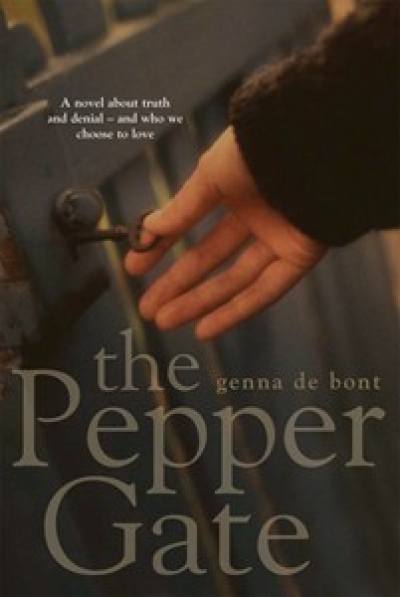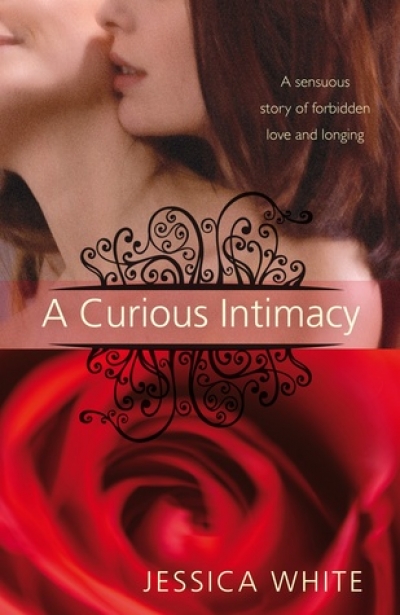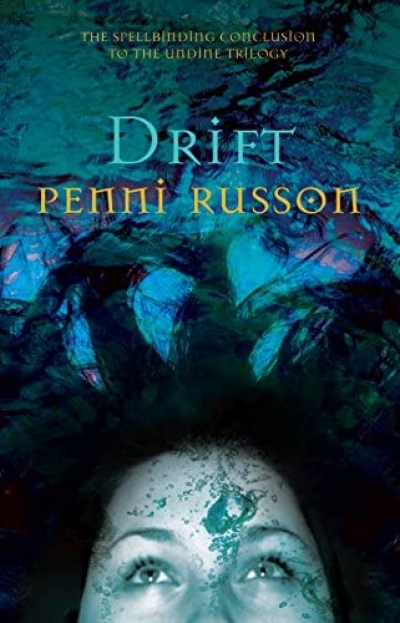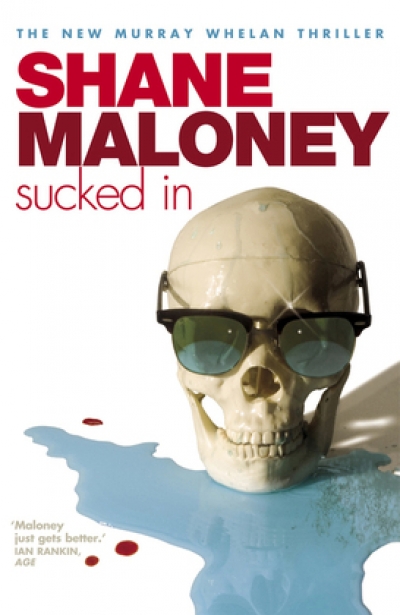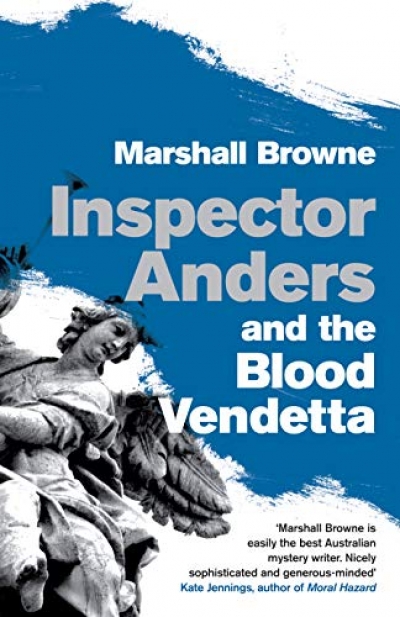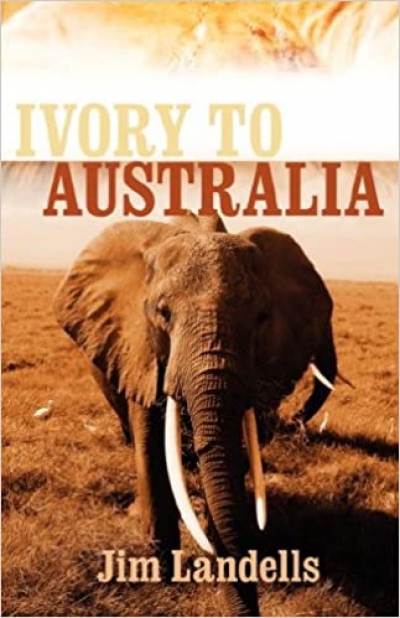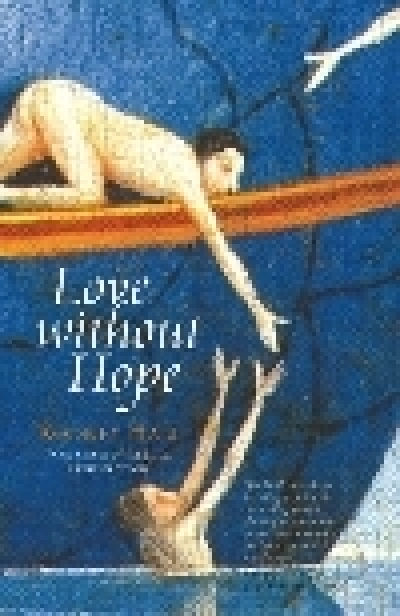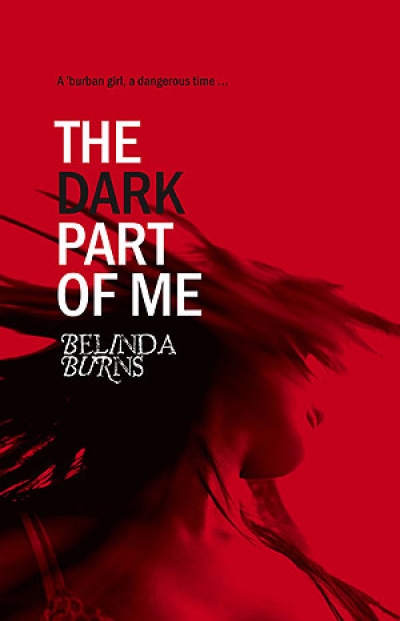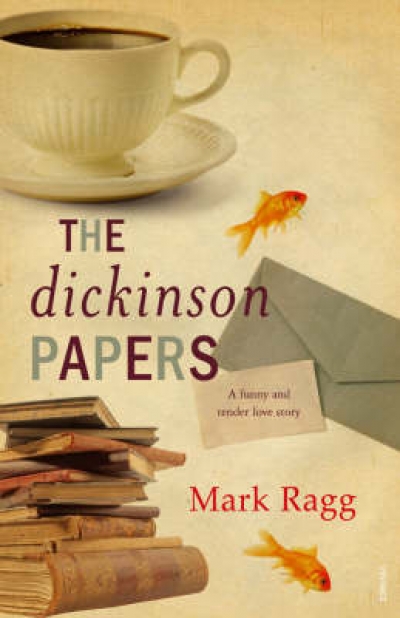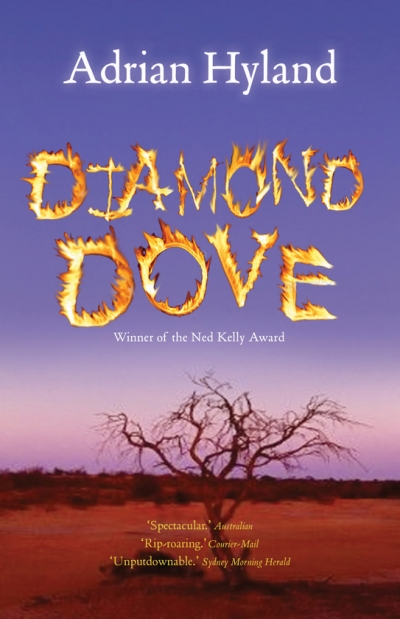A young Kenyan-born white man called Jason Conway has a revolutionary idea: he will save the African elephant from extinction by transporting the animal to the sparsely inhabited Kimberley region in Australia. Sounds far-fetched? In fact this idea, which forms the basis of Ivory to Australia, is less implausible than some of the action that surrounds Jason’s attempt to fulfil his wild scheme. Early in the novel, Jason foils an attempted robbery in a Nairobi restaurant by disarming and shooting one of the gunmen, only to go home to bed wondering if he should sneak in next door and conquer his one-time girlfriend, Jane. The action doesn’t stop there, as Jason, full of idealism, battles against Somali Shifta poachers and sceptical politicians in order to get his beloved elephants safely onto Australian shores.
...
(read more)

